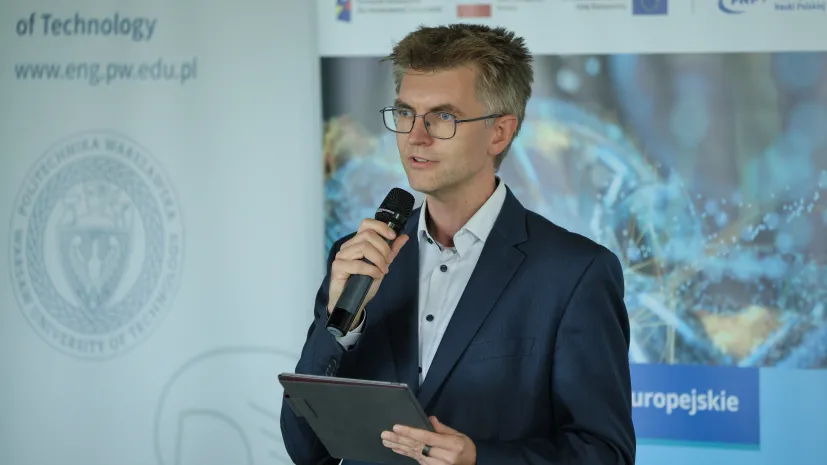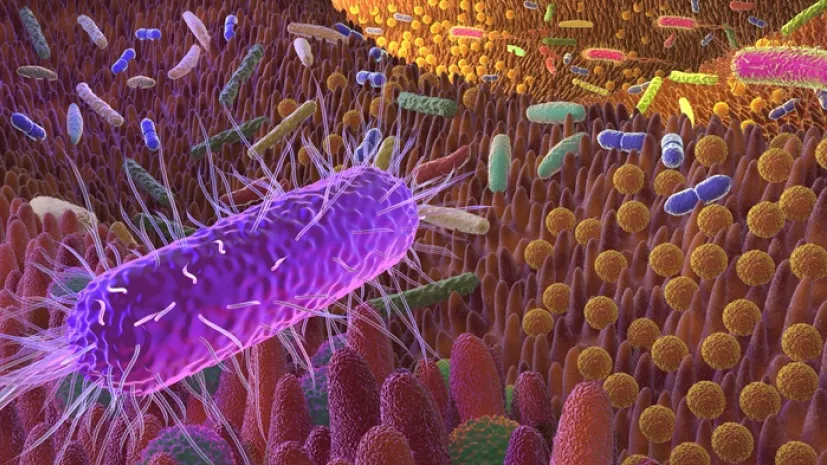-

Polish-made devices complete noise-monitoring experiment aboard ISS
The Wireless Acoustics experiment, which measured noise levels aboard the International Space Station (ISS), has concluded, with Polish-made devices operating without fault.
-

European city birds flee sooner from women than men, study finds
Birds living in European cities flee earlier from women than from men, according to an international study that included Polish researchers.
-

Stars shine in ultraviolet earlier than thought, space telescope finds
Ultraviolet radiation is present around some of the youngest known stars, even before thermonuclear fusion begins in their cores, according to new observations from the James Webb Space Telescope.
-

Not everyone wants to be ‘happy’, study finds
Maximizing happiness is not a universal human goal and is far more characteristic of wealthy, educated, and democratic societies, according to a new cross-cultural study led by Professor Kuba Kryś of the Institute of Psychology of the Polish Academy of Sciences.
-

2025 third-warmest year on record as climatologist warns of new “climate norm”
Global temperatures in 2025 reached the third-highest level on record, edging close to 1.5 degrees Celsius above pre-industrial averages and signaling the emergence of a new “climate norm.”
-

Gen Z faces crisis of trust as linguistic manipulation blurs truth and falsehood, researcher says
We are observing a crisis of trust among Generation Z, making it difficult for young people to distinguish between true and false news, says Artur Urbaniak, PhD, of Adam Mickiewicz University in Poznań. However, the more knowledge people have, the harder they are to manipulate, he adds.
-

Popularity of pagan practices in Poland is growing
The number of people in Poland who consciously choose pagan religions is growing, driven in part by an interest in Slavic heritage and a search for alternative forms of spirituality, says research from the Jagiellonian University.
-

AI ‘hacks our thinking system' to appear correct, warns expert
AI models are designed to persuade and appear correct, but they do not truly understand the world, and this can make them dangerous in high-risk areas, according to Professor Przemysław Biecek, Director of the Centre for Credible Artificial Intelligence (CCAI) at Warsaw University of Technology.
-

Astronomers find proof of rogue planets
An international team of astronomers, including researchers from Poland, has discovered a free-floating, or rogue, planet and precisely measured its mass for the first time, providing direct proof that such objects exist, according to a study reported by the journal Science.














